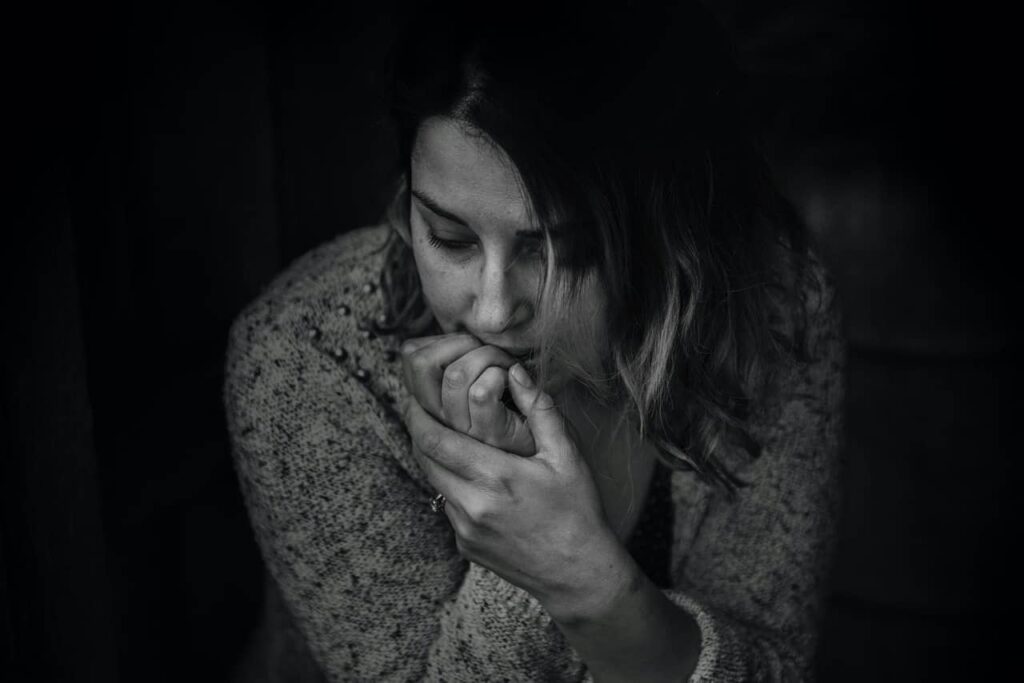Asking for a Friend

Where I work, we have been speaking a lot about menopause and mental health. Particularly around hormonal changes and how they can affect women physically and mentally. Which has made me wonder, how do you know if you are experiencing mental health issues or the menopause, and where can I go to get help and advice?
There has, quite rightly been a lot more focus recently on the impact of the menopause. We are really only just beginning to understand the many symptoms that the menopause can cause and their similarity to mental health issues. Women can experience changes in their mood, in the way they cope and deal with the world, tiredness, inability to sleep, anxiety, depression, loss of ability to focus and concentrate, low energy levels, perhaps feeling overwhelmed by events that previously they took in their stride affecting personal and work relationships. Whilst some women sail through menopause, for others it can be a distressing experience.
For anyone experiencing such changes, the first step should be to see your GP. They can carry out a few tests to check oestrogen and progestogen levels, and other checks such as for anaemia. They can test urine for estradiol, follicle-stimulating hormone (FSH), and luteinizing hormone (LH) levels, also an indicator of menopause. If the results signal clearly that the individual has entered the menopause, your GP can discuss options to alleviate the effects. Most women feel an immediate impact when correctly treated for symptoms of menopause. Where the response is not so marked, the GP might look to other explanations for the symptoms and refer for further investigation. This could include a psychiatric assessment.
Checking hormone levels should form part of a mental health assessment when a woman presents with mental health symptoms – just to exclude them as a possible cause of their symptoms.
